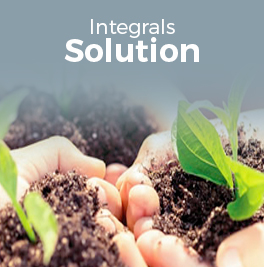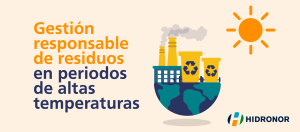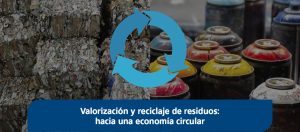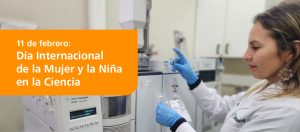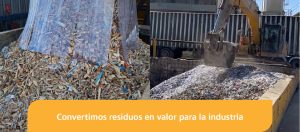
In Chile, hazardous waste management is a growing challenge. In Chile, 18 million tons of waste are generated annually (611,000 tons of hazardous waste), with only 19% of this waste being recycled into non-hazardous waste (2022).
En ese escenario, Hidronor participó el día 5 de mayo en el evento «Desafíos en la gestión de residuos peligrosos y Ley REP», realizado en la Universidad de las Américas , instancia, donde Carolina Escandón, Jefa de Economía Circular de nuestra compañía presentó la charla «Transformación de los Residuos Peligrosos y No Peligrosos hacia la Economía Circular», donde explicó diferentes alternativas sobre servicio y soluciones alineados con la Ley REP, enfocados en reutilización, reciclaje y valorización de productos prioritarios.
“At Hidronor, we are aligned with sustainability processes to develop solutions that allow us to work under the “waste to resource” concept, using waste to generate new valuable products,” said Carolina Escandón.
Hidronor's achievements include:
- Recycling of 108 tons/month of plastic containers and 24,000 iron drums/year.
- Recovery of 100 tons/year of aluminum from aerosols (reducing landfill disposal by 93%).
- Production of 5,000 tons/year of liquid alternative fuel (CAL) and 3,000 tons/year of solid alternative fuel (CAS), replacing fossil fuels in cement kilns.
- 17,000 tons of liquid industrial waste (LIW) recovered annually, preventing water pollution. With 27,000 tons recovered annually (equivalent to 70,000 tons of CO₂ avoided), we underscore the need to foster public-private collaboration, environmental education, and policies that accelerate the circular transition.
Regarding the challenges in the transition towards a Circular Economy in Chile, Carolina highlighted that “it is essential that the country apply direct (standards) and indirect (economic) instruments that promote actions for the industry; promote culture and education on waste sustainability; collaboration between the public, private and academic sectors is crucial to promote the transition towards a circular economy and address its main challenges; and continue contributing to the safe management of waste and increasing recovery rates, in order to, together with our clients, contribute to the sustainable reduction of the environmental footprint.
The event was an excellent opportunity to share our experiences and knowledge with other industry stakeholders, and we look forward to continuing to collaborate to address the challenges of hazardous waste management in Chile.


